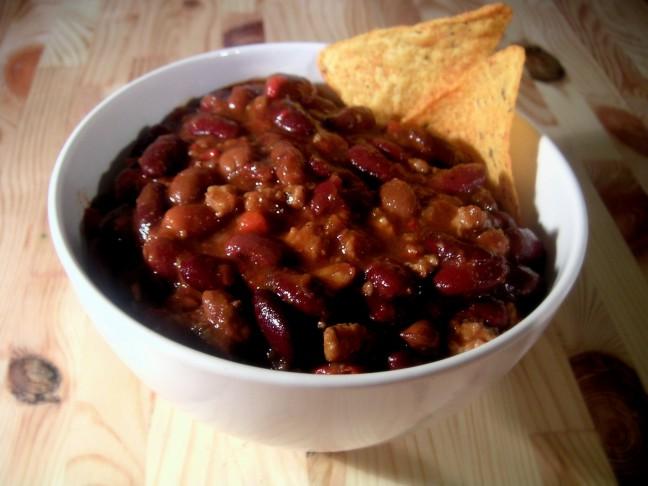I have a confession to make: I’m an anti-high fructose corn syrup person. Call me a food faddist or a granola nut, but I just cannot bring myself to accept corn as a replacement for sugar. Perhaps it’s the fact that the syrup is enzymatically processed or that corn is also the main ingredient in ethanol. Maybe it’s that high fructose corn syrup has quietly snuck its way into nearly every product category, from cereals to yogurts to condiments. Or maybe my aversion was caused by the fact that some research has linked HFCS to obesity.
It is this last “fact” that I am going to devote today’s column to. The rise in HFCS consumption coincided with the increase in obesity, causing some to speculate the syrup cased the increase. The syrup is something we all consume every day, yet research on HFCS has been contradictory at best, flat out wrong at worst. The trouble is determining which.
Since the 55 percent fructose, 45 percent glucose syrup mixture was introduced as an ingredient in the ’70s, relatively little research has been done on its effects on the body. While the Food and Drug Administration classified HFCS as “generally recognized as safe” in 1976, “safe” and “good for you” are two very different things.
Research was only spurred by the large increase in consumption – between 1989 and 2004, intake of HFCS more than doubled. The syrup found its way into more and more products as manufacturers ditched increasingly expensive sugar. Today, HFCS is in a whopping 53 percent of all foods containing caloric sweetener, causing researchers to take note.
Yet while research has increased, knowledge hasn’t. While some scientists published research saying that HFCS did cause obesity, some declared it caused odd increases in body fat and still others said the syrup was no more responsible for obesity than regular sugar. It was that first finding that received the most media attention and spawned the no HFCS movement.
The movement, led by people angry at subsidized foods, fed up with food manufacturer’s shortcuts and worried about their health, proved a success. Companies like Kashi saw their profits soar and Pepsi, one of the companies largely responsible for the introduction of HFCS into American diets in the first place, saw great success with its Throwback sodas. Other companies began coming out with no-HFCS lines, and Wheat Thins and Gatorade removed the syrup from their products completely.
This is when the Corn Refiners Association began to panic. It released a series of damage control ads with a little girl claiming, “Mom, high fructose corn syrup is OK in moderation” while simultaneously calling for renewed research efforts. It was adamant there was no link between its product and obesity. More research was done, and, lo and behold, it appears the group was right.
The studies finding a link were flawed: Some tests used animal subjects; others looked at the effects of 100 percent fructose. New research found no link to obesity with moderate consumption and proved the body digests the syrup in exactly the same way as regular sugar.
These findings are supported by the American Medical Association, the American Dietetic Association and the Center for Science in the Public Interest. Yet consumers remain unconvinced. In a 2010 CBS poll taken after the findings were released, 87 percent of respondents still believed HFCS was “bad for you.” Only 13 percent believed the scientifically supported evidence to the contrary.
It is hard to know if the tide will ever turn back in favor of HFCS. The Corn Refiners Association is doing its damndest to ensure it does, using the term “corn sugar” to refer to the product and circumvent the stigma of “high fructose.” If the FDA’s pleas to stop this practice are any indication, it may take awhile for consumers to come back around to the product.
As for me, I will probably continue to eat my Kashi products and stay away from soda. But with the knowledge that HFCS isn’t actually evil, I may reintroduce ketchup into my life and have the occasional store-bought dessert. Only in moderation, of course.
Allegra Dimperio ([email protected]) is a junior majoring in journalism.











